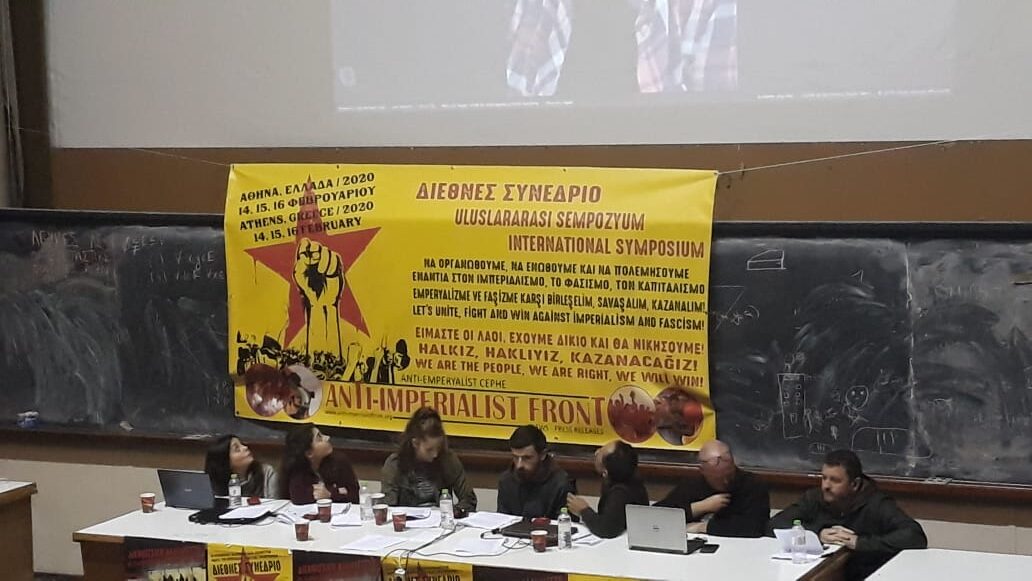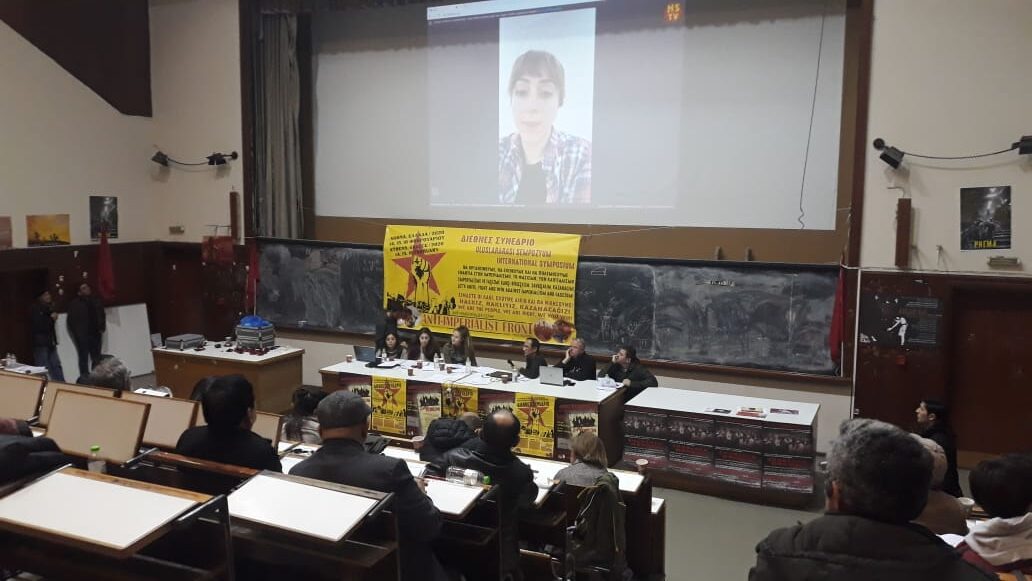Sunday, 23 February
3:00 pm
Internationalt Forum
Griffenfeldsgade 41
Copenhagen, Denmark
Facebook: https://www.facebook.com/events/720565685142301/
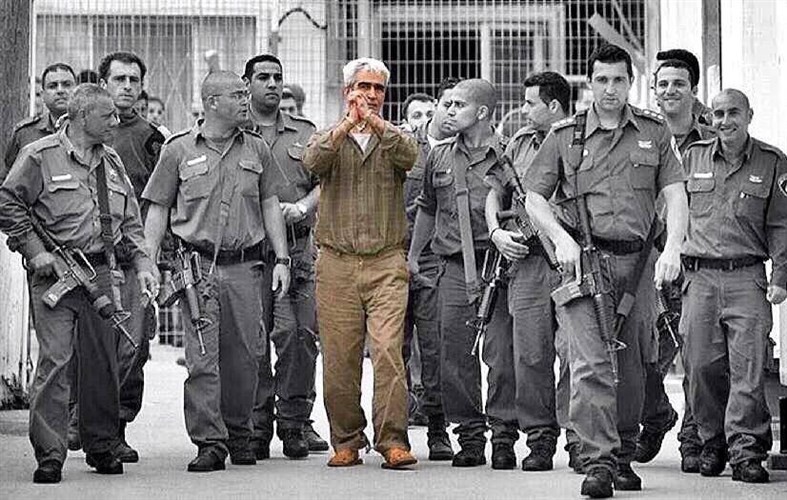 On Sunday, 23 February, the Internationalt Forum will host a solidarity cafe focusing on political prisoners, especially Lebanese revolutionary Georges Abdallah and PFLP General Secretary Ahmad Sa’adat. Coffee, beer, tea and cakes available at solidarity prices!
On Sunday, 23 February, the Internationalt Forum will host a solidarity cafe focusing on political prisoners, especially Lebanese revolutionary Georges Abdallah and PFLP General Secretary Ahmad Sa’adat. Coffee, beer, tea and cakes available at solidarity prices!
Program:
Introduction to the stories of Georges Abdallah and Ahmad Sa’adat
Short videos about the two prisoners
Discussion on the role of political prisoners in the liberation struggle
Organizer: Internationalt Forum Middle East Group
About Ahmad Sa’adat: Ahmad Sa’adat is the imprisoned General Secretary of the Popular Front for the Liberation of Palestine. In 2002, Sa’adat was imprisoned by the Palestinian Authority and later kidnapped by the Israeli military from the PA prison and held in Israeli prison. Sa’adat is a leading figure in the prisoners’ movement and hunger strikes in Zionist jails.
“Wherever I am, I will continue to fight.” – Ahmad Sa’adat
About Georges Abdallah: Georges Abdallah is a Lebanese revolutionary communist involved in the Palestinian liberation struggle who has been jailed since 1984 in France. Eligible for release since 1999, the French judiciary accepted his release on several occasions, but each time it was prevented by the United States and Israel. When Palestinian prisoners go on hunger strike, Abdallah refuses meals in prison in France.
Søndag den 23. Februar inviterer Internationalt Forum til cafe og oplæg om politiske fanger. Særlig fokus vil være på den libanesiske revolutionær George Abdallah og PFLP’s generalsekretær Ahmad Sa’adat.
Der vil være kaffe, øl og vand til en billig mønt
Program:
Introduktion til George Abdallahs og Ahmad Sa’adats historie
Der vises korte videofilm om de to fanger
Debat om de politiske fangers rolle i befrielseskampen
Der kan købes kaffe/the og kager til solidaritetspriser
Arrangør: Internationalt Forums Mellemøstgruppe
Info:
Om Ahmad Sa’adat: Er generalsekretær for PFLP – Folkefronten til Palæstinas Befrielse. Sa’adat blev i 2002 fængslet af det palæstinensiske selvstyre og senere kidnappet fra selvstyrefængslet af israelsk militær og sat i israelsk fængsel, anklaget for terrorisme. Sa’adat er en ledende skikkelse i de mange fangeoprør og sultestrejker i zionismens fængsler.
Citat Ahmad Sa’adat: ”Hvor jeg end er, vil jeg fortsætte med at kæmpe”
Om George Abdallah: Er libanesisk revolutionær kommunist. Har siddet i fængsel i Frankrig siden 1984 – på grund af sin deltagelse i den palæstinensiske befrielseskamp. I 1999 og flere gange siden åbnede den franske stat op for hans løsladelse, men hver gang blev det forhindret gennem pres fra USA og Israel. Når palæstinensiske fanger går i sultestrejke, nægter Abdallah ar indtage føde i fængslet i Frankrig.
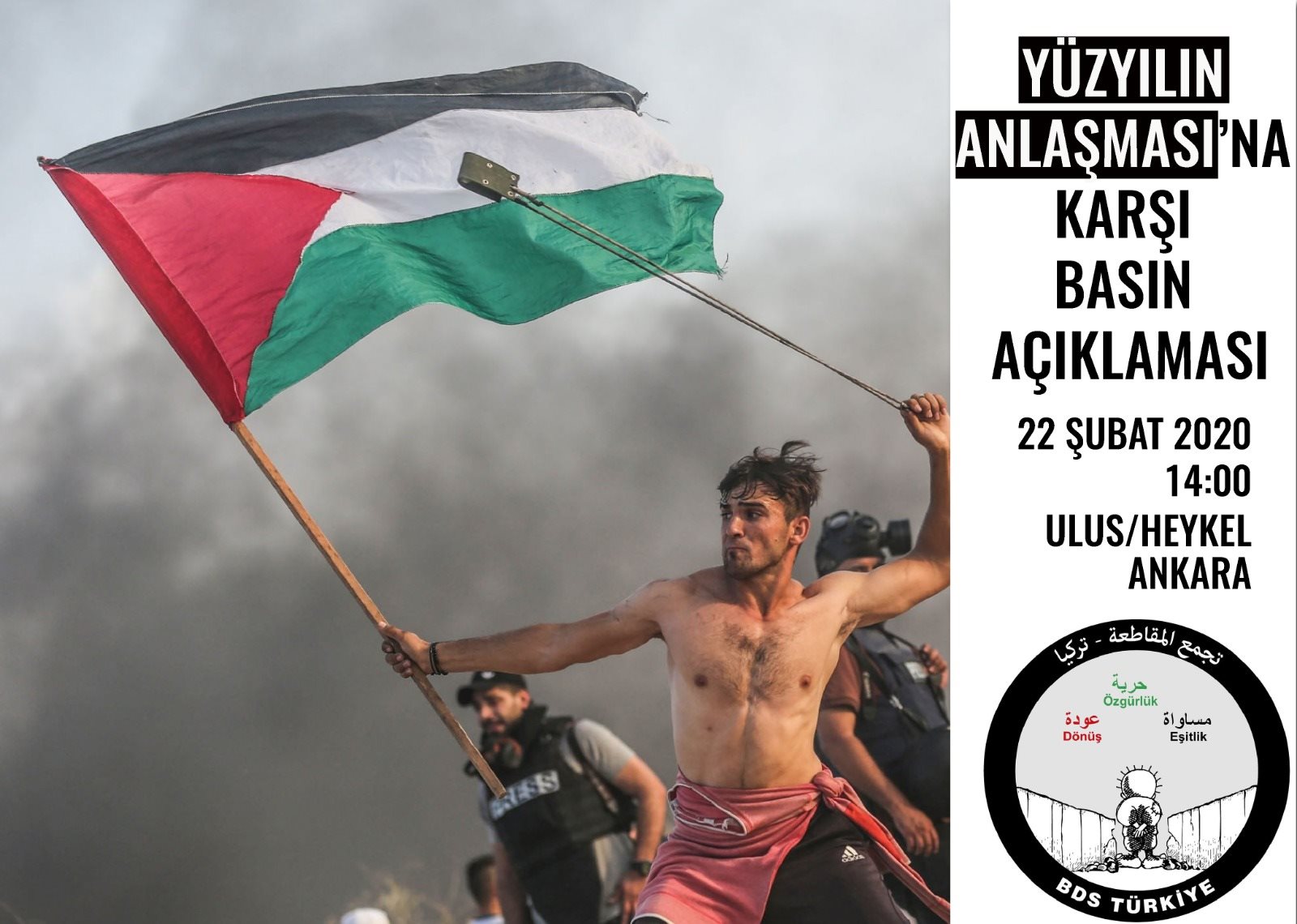

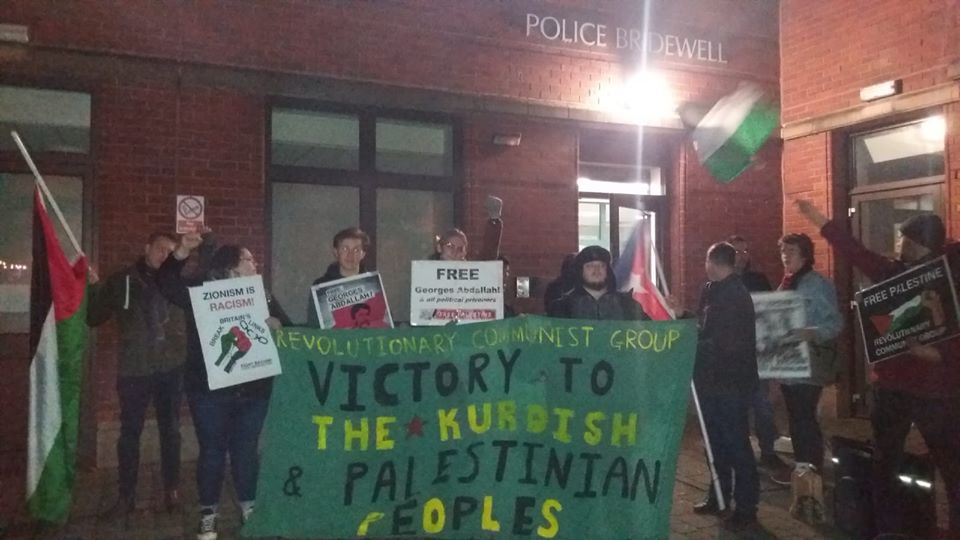 On Saturday 8 February, Daniel Green, a black pro-Palestine activist was singled out for arrest on an anti-Zionist demonstration organised by the Revolutionary Communist Group. This wrongful and racist arrest must be put into the context of the ongoing campaign to criminalise opposition to Zionism (a form of racism) – both in Palestine itself, and in Britain especially following the adoption of the IHRA (International Holocaust Remembrance Alliance) definition of antisemitism.
On Saturday 8 February, Daniel Green, a black pro-Palestine activist was singled out for arrest on an anti-Zionist demonstration organised by the Revolutionary Communist Group. This wrongful and racist arrest must be put into the context of the ongoing campaign to criminalise opposition to Zionism (a form of racism) – both in Palestine itself, and in Britain especially following the adoption of the IHRA (International Holocaust Remembrance Alliance) definition of antisemitism.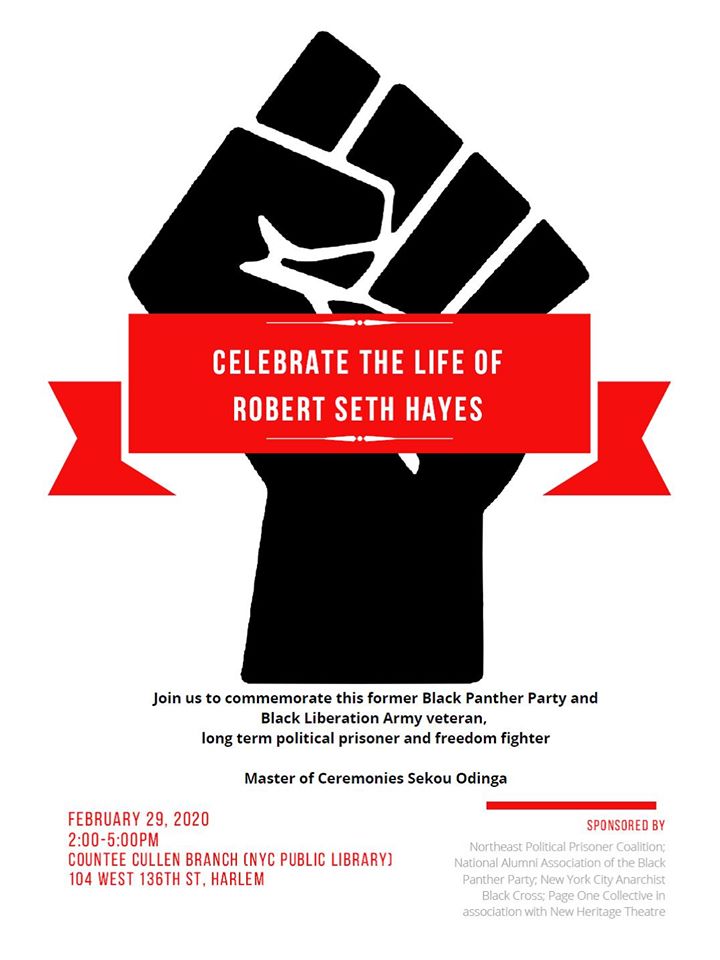
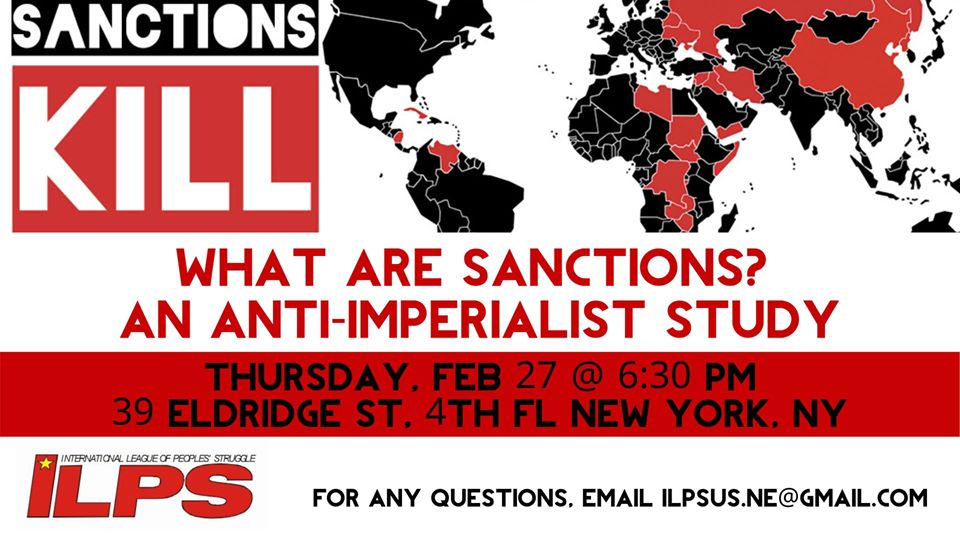 As a convener of the Sanctions Kill campaign, the International League of Peoples’ NStruggle invites you to a study on sanctions as a build up to the International Days of Action Against Sanctions and Economic War on March 13 – 15, 2020
As a convener of the Sanctions Kill campaign, the International League of Peoples’ NStruggle invites you to a study on sanctions as a build up to the International Days of Action Against Sanctions and Economic War on March 13 – 15, 2020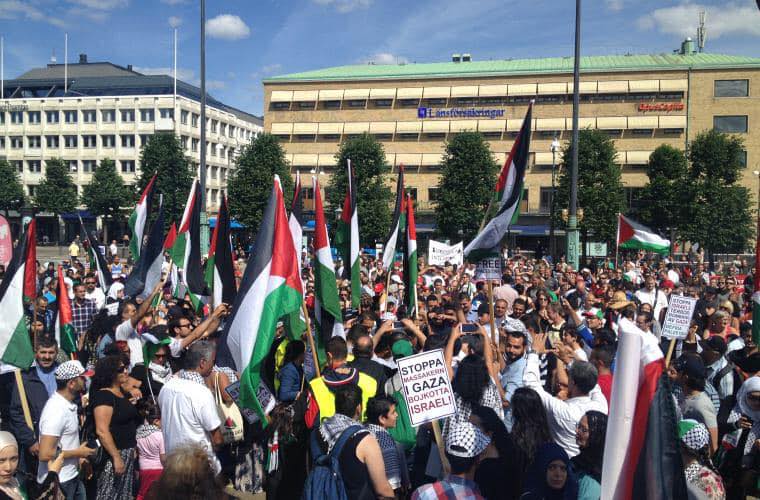
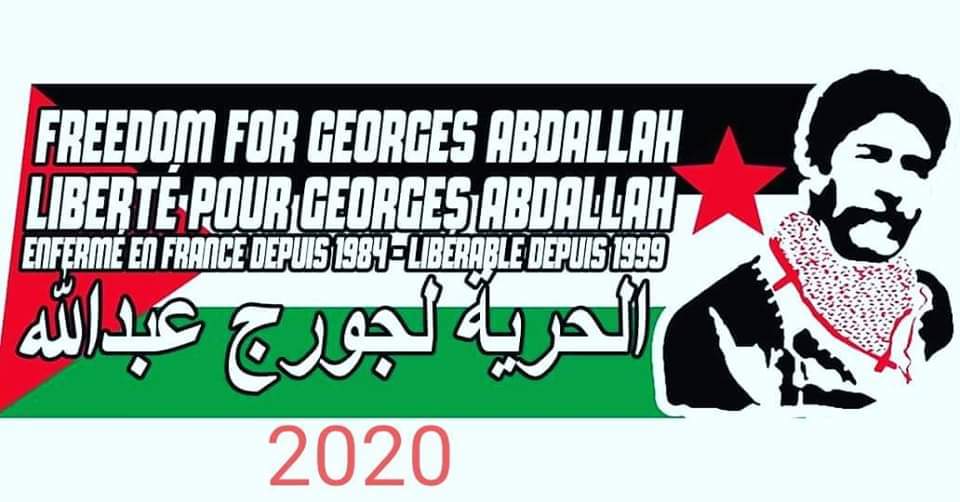 Collective project bringing together all the supporters of Georges Abdallah, around a participatory solidarity meal, to reflect all together on actions making it possible to change the balance of power to win his release and to write to our comrade to express our unconditional support and solidarity.
Collective project bringing together all the supporters of Georges Abdallah, around a participatory solidarity meal, to reflect all together on actions making it possible to change the balance of power to win his release and to write to our comrade to express our unconditional support and solidarity.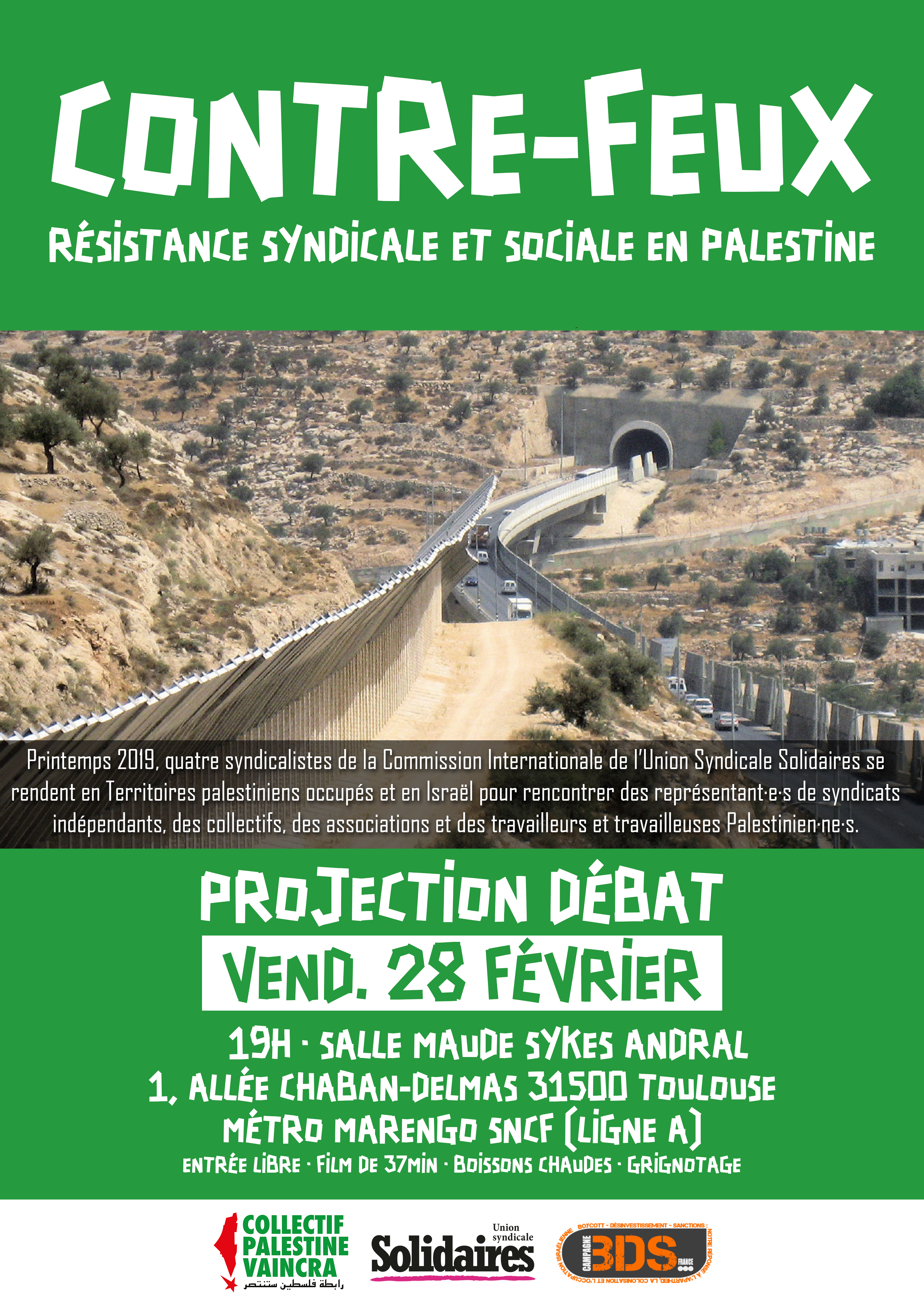
 On Sunday, 23 February, the Internationalt Forum will host a solidarity cafe focusing on political prisoners, especially Lebanese revolutionary Georges Abdallah and PFLP General Secretary Ahmad Sa’adat. Coffee, beer, tea and cakes available at solidarity prices!
On Sunday, 23 February, the Internationalt Forum will host a solidarity cafe focusing on political prisoners, especially Lebanese revolutionary Georges Abdallah and PFLP General Secretary Ahmad Sa’adat. Coffee, beer, tea and cakes available at solidarity prices!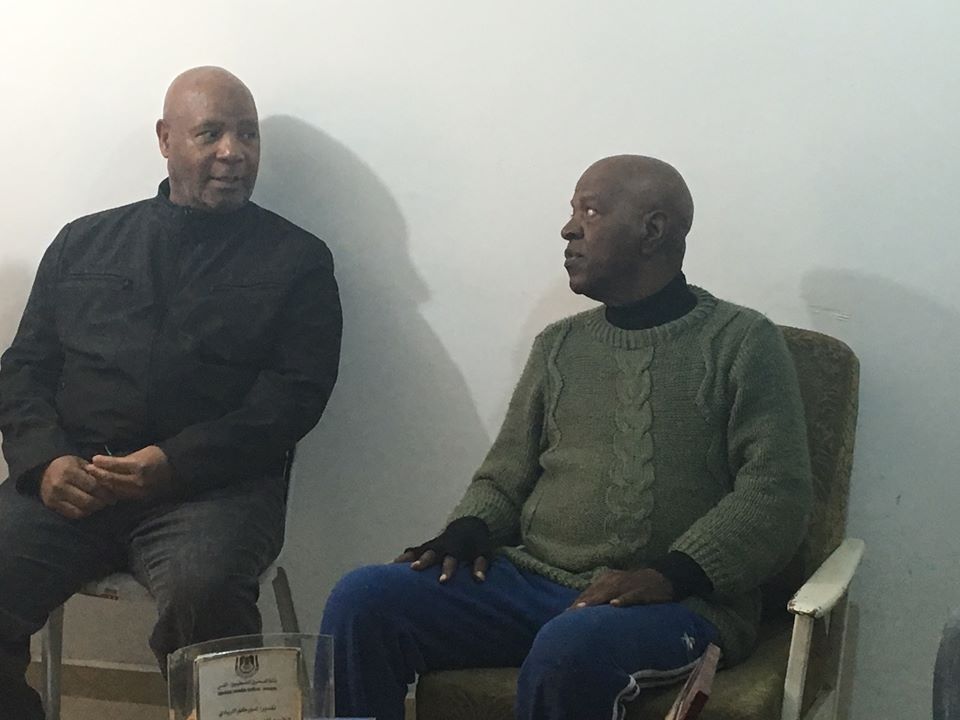 In March 2016, the first US Prisoner, Academic and Labor Delegation to Palestine was hosted by the Afro-Palestinian Community Center in the Old City of Jerusalem, in the African Neighborhood, a few feet from the Aqsa Mosque.
In March 2016, the first US Prisoner, Academic and Labor Delegation to Palestine was hosted by the Afro-Palestinian Community Center in the Old City of Jerusalem, in the African Neighborhood, a few feet from the Aqsa Mosque.


